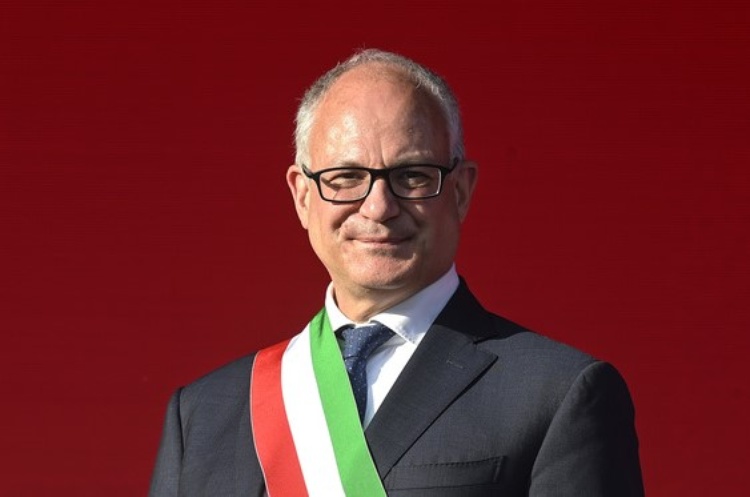LGBTQI rights and gender equality in Italy have been a particularly sensitive issue since right-wing Prime Minister Giorgia Meloni came to power in October last year, when she vowed to combat what she called the “LGBT lobby”.
The Meloni government has told mayors to stop registering the children of same-sex parents and her ruling coalition has presented a bill aimed at prosecuting couples who go abroad to have a baby via a surrogate, mainly targeting gay couples.
“Roma Pride is an important event for the LGBT+ community and for all citizens who fight discrimination and support rights,” Gualtieri tweeted.
“This is why Roma Capitale has assured its patronage and why I will be in the square for Pride on Saturday.”
Spokesman for the parade, Mario Colamarino, said the Lazio region’s President Francesco Rocca had bowed to pressure from the Catholic conservative lobby Pro Life and Family.

Centre-right Lazio Governor Francesco Rocca said the region's name could not be associated with "events aimed at promoting illegal conduct, with specific reference to surrogacy". (Photo: ANSA)
Nicola Zingaretti, a former PD leader and Rocca’s predecessor as Lazio’s president, said he would be joining the march as always.
“We must never be afraid of those who stand up for people’s rights. We must fight those who deny them,” he said on Twitter.
Despite being home to The Vatican, and generally strongly held religious beliefs, the Eternal City manages to stage an incredible Pride celebration each year in June.
The parade normally kicks off from Piazza della Republicca, close to Roma Termini station, and travels through the city streets before finishing up at Piazza Venezia.
The inaugural Gay Pride Rome first took place in June, 1994, and the very first WorldPride took place in Rome in 2000, with a week-long festival that attracted a host of gay activists from roughly 40 countries.
An estimated 70,000 marchers participated in the rally, setting the precedent for the many WorldPrides to follow.
ANSA











